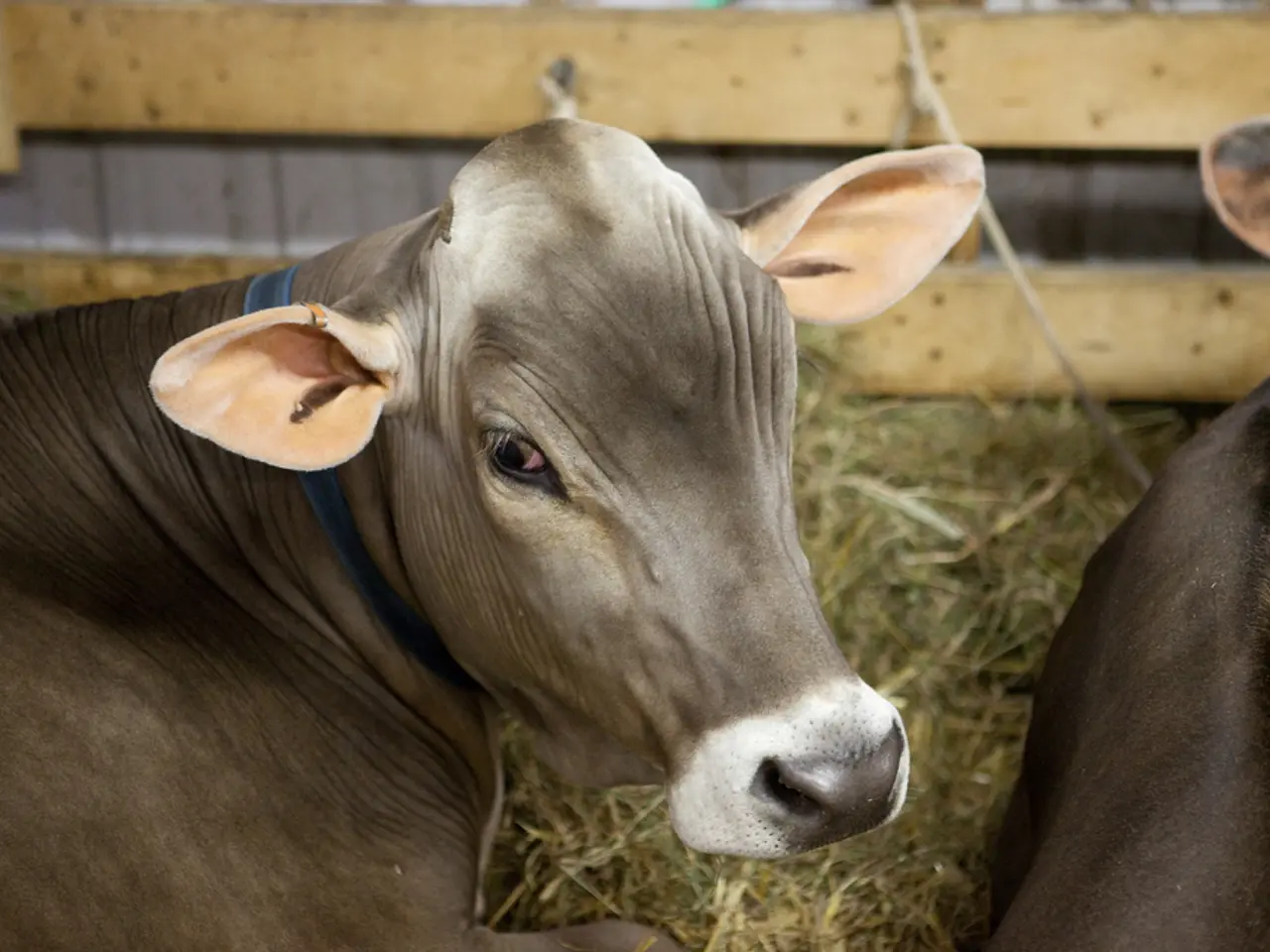High-Tech Cow Collar Saves California Dairy Farm $1M in 10 Years
A Merced, California dairy farm has prevented a cow illness using a high-tech collar, highlighting the growing role of precision farming in agriculture. Tony Louters, owner of T&C Louters Dairy, received an alert at 5:30 a.m. from the device, enabling him to administer a remedy of probiotics and warm water by 6 a.m., halting the illness's progression.
The collar, equipped with movement sensors and Wi-Fi, monitors cow digestion by tracking chewing patterns. An algorithm detects abnormal rumination within a few hours, sending alerts to farmers. Louters has used these advanced collars since 2013, with recent upgrades including additional sensors and artificial intelligence for data processing. He estimates the collars have saved his farm nearly $1 million in cow health and labor costs over the past decade.
The industry of precision farming, which uses data-driven approaches to optimize production, is valued at over $5 billion. It's growing with the addition of AI and other technologies. Today, 70% of large farms use precision farming technologies, such as GPS maps and auto-steering tractors, up from less than 10% in the early 2000s. Merck, a health care company, sells these collars and software for about $3 per cow per month, monitoring over 2 million cows in the U.S. Annie Vannurden at Warner Dairy in South Dakota has expanded her dairy to 5,000 cows without adding any workers, using data to identify healthy cows needing less human attention.
The use of precision farming technologies, like the high-tech cow collars, is proving beneficial for dairy farms. By enabling early detection of illnesses and optimizing labor, these tools are helping farmers save costs and increase efficiency. As the industry continues to grow and integrate AI, more farmers are expected to adopt these technologies.




